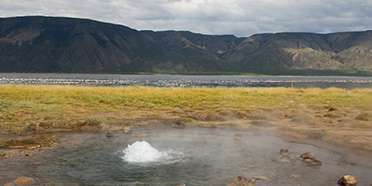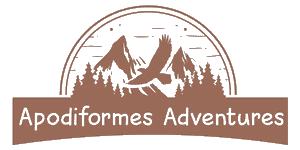
Safari Tours to Lake Bogoria NR
-
![9-Day Birdwatching and Wildlife Adventure- Special Guide]()
9-Day Birdwatching and Wildlife Adventure- Special Guide
$8,470 to $8,868 pp (USD)
Kenya: Private tourLuxuryLodge & Tented Camp
You Visit: Nairobi (Start), Amboseli NP, Lake Naivasha (Naivasha), Lake Elementaita, Lake Nakuru NP, Lake Bogoria NR, Masai Mara NR, Nairobi (End)

Apodiformes Adventures
4.5/5 – 237 Reviews
-
![5-Day In the Home of Flamingoes and Africas Big Five]()
5-Day In the Home of Flamingoes and Africas Big Five
$1,940 to $2,767 pp (USD)
Kenya: Shared tour (max 6 people per vehicle)LuxuryTented Camp & Hotel
You Visit: Nairobi (Start), Lake Bogoria NR, Lake Elementaita, Masai Mara NR, Nairobi (End)

Extra Miles Unique Adventures
5.0/5 – 94 Reviews
-
![6-Day Ultimate Safari Experience]()
6-Day Ultimate Safari Experience
$3,332 to $3,740 pp (USD)
Kenya: Private tour
Mid-range Lodge & Tented CampYou Visit: Nairobi (Start), Lake Bogoria NR, Lake Nakuru NP, Masai Mara NR, Nairobi (End)

Osnet Tours And Travels
4.7/5 – 29 Reviews

 Kenya Parks
Kenya Parks










